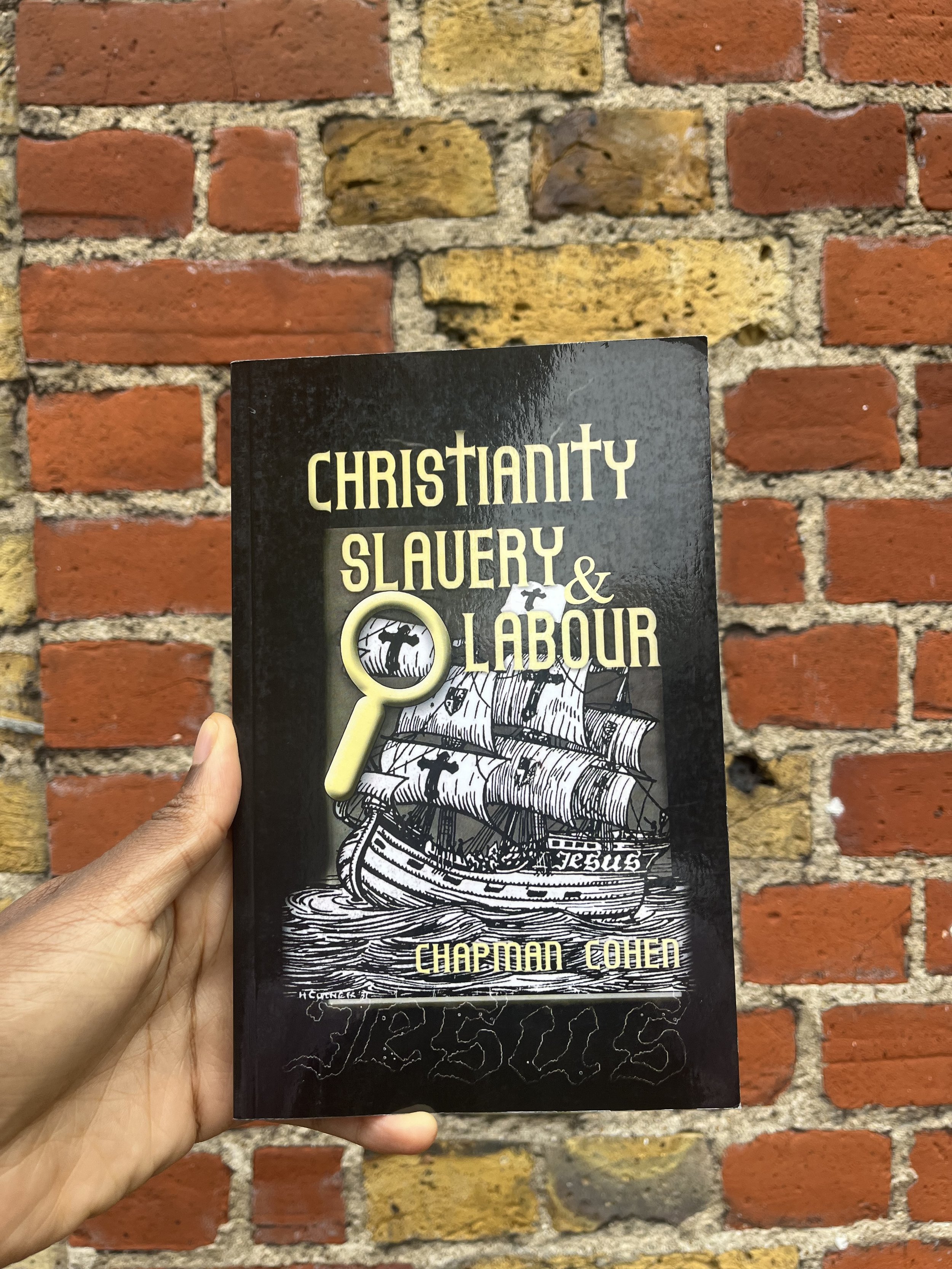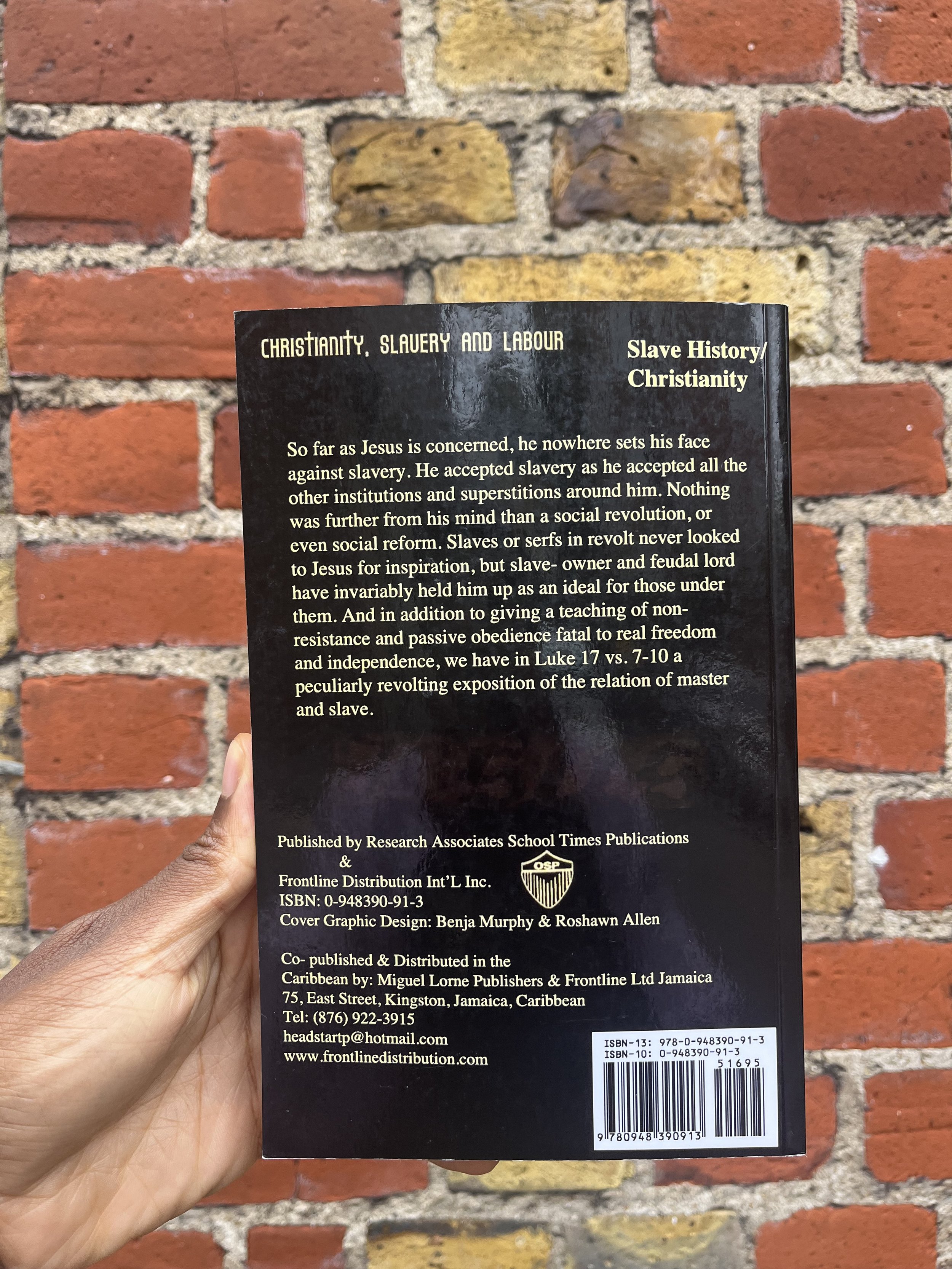Christianity, Slavery and Labour
So far as Jesus is concerned, he nowhere sets his face against slavery. He accepted slavery as he accepted all the other institutions and superstitions around him. Nothing was further from his mind than a social revolution, or even social reform. Slaves or serfs in revolt never looked to Jesus for inspiration, but slave-owner and feudal lord have invariably held him up as an ideal for those under them. And in addition to giving a teaching of non-resistance and passive obedience fatal to real freedom and independence, we have in Luke 17 vs 7-10 a peculiarly revolting exposition of the relation of master and slave.
So far as Jesus is concerned, he nowhere sets his face against slavery. He accepted slavery as he accepted all the other institutions and superstitions around him. Nothing was further from his mind than a social revolution, or even social reform. Slaves or serfs in revolt never looked to Jesus for inspiration, but slave-owner and feudal lord have invariably held him up as an ideal for those under them. And in addition to giving a teaching of non-resistance and passive obedience fatal to real freedom and independence, we have in Luke 17 vs 7-10 a peculiarly revolting exposition of the relation of master and slave.
So far as Jesus is concerned, he nowhere sets his face against slavery. He accepted slavery as he accepted all the other institutions and superstitions around him. Nothing was further from his mind than a social revolution, or even social reform. Slaves or serfs in revolt never looked to Jesus for inspiration, but slave-owner and feudal lord have invariably held him up as an ideal for those under them. And in addition to giving a teaching of non-resistance and passive obedience fatal to real freedom and independence, we have in Luke 17 vs 7-10 a peculiarly revolting exposition of the relation of master and slave.


